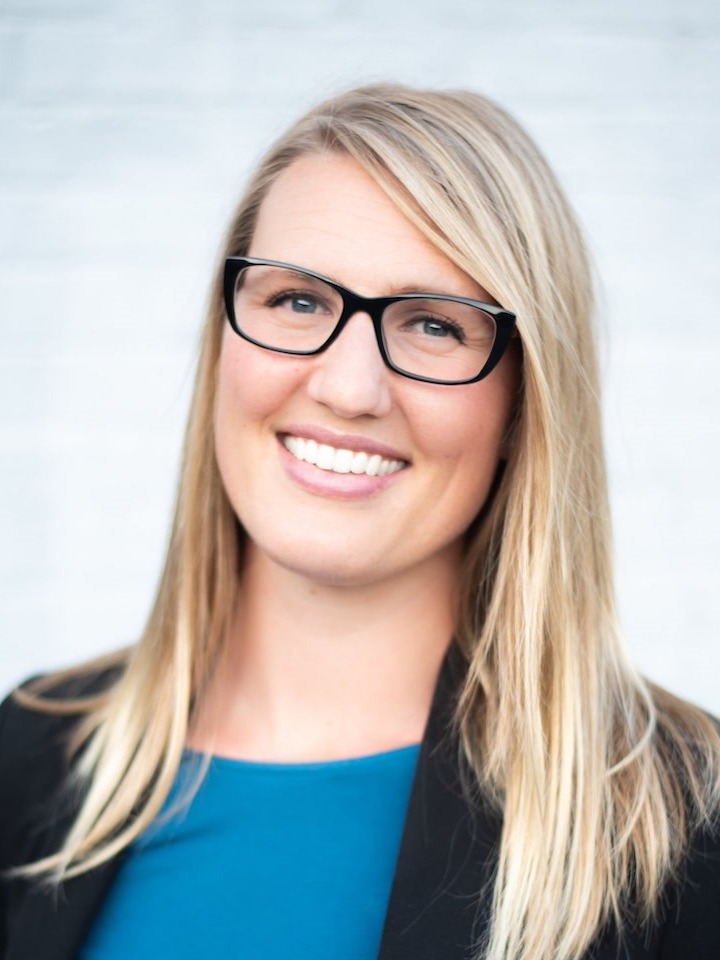Melissa Beresford
 |
Assistant Professor
Keywords |
Current Research Activities
My research examines how humans use social infrastructure to adapt to water insecurity – things like sharing jugs of water with neighbors, pooling labor and resources to build self-made community water systems, or buying water under the table from informal water vendors. As an economic anthropologist I take a deeply anthropological perspective to understand: what social institutions have people used over human history to secure water in changing and unpredictable environments? And, can similar social institutions facilitate successful water management in an uncertain climatic future? To address these questions, I conduct community-based ethnographic research in California communities that are experiencing water insecurity, and I both lead and participate on teams to bring local ethnographic findings into cross-cultural comparison with other water insecure sites around the world.
Research Connections to Current Events
Climate scientists predict that half of the world's population will be living in water stressed conditions by 2040. One of the greatest challenges we will face in the coming years is ensuring that all people have access to safe, reliability and adequat fresh water. My research aims to advance the basic science and key analytics necessary to achieve the Human Right to Water, which was ratifed by the United Nations in 2010. To date, a large gap between the ways that that people actually experience water insecurity on the ground vs. how the phenomena of water scarcity and insecurity have been measured and assessed by scientists has stymied policy proposals aimed to deliver safe, secure, and sufficient access to household water for people. I work with a global team of researchers who are all working to address this gap.
Personal Connections to Research
In high school I took AP Environmental Science and became passionate about doing something to address the climate crisis. I went to college wanting to become an environmental lawyer, so that I could help design new laws, policies, and programs to protect people from the impacts of climate change. But then I stumbled upon environmental social science through my general education requirements. I later became fascinated with anthropological research that showed how human cultural norms and social arrangements have helped people adapt to a wide range of environmental conditions throughout human history. This made me recognize the importance of these social arrangements in my own life.
I grew up on the California central coast in an unincorporated area with no public water access. My family shared a well with our neighbors and everyone met monthly to discuss how to manage the water, who was going to pay for system maintenance and upgrades, how much water each house was allowed to use, and so on. In reflecting on these experiences, I realized that although laws and policies are important (and we should always be striving for better laws and policies), the relationships in our own communities are the most immediate ways we can adapt to our environments and protect ourselves from things like drought, disasters, or other types of crises.